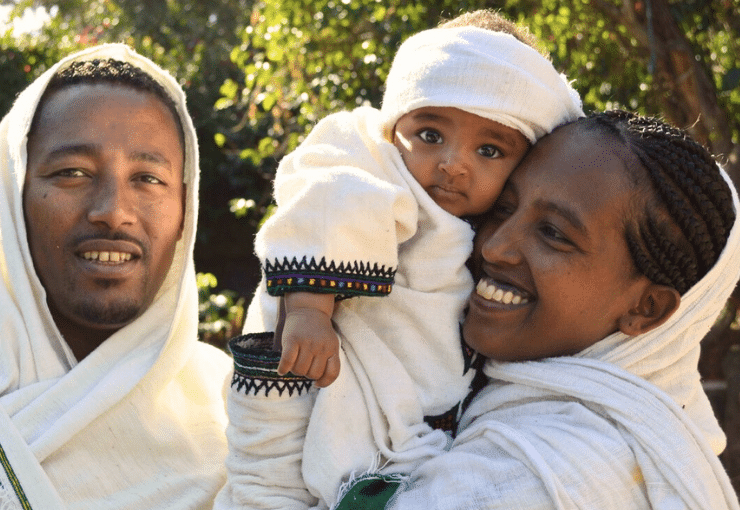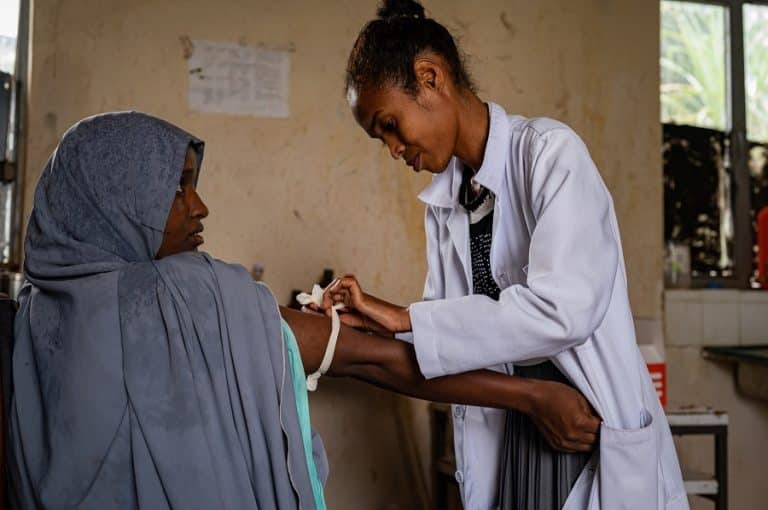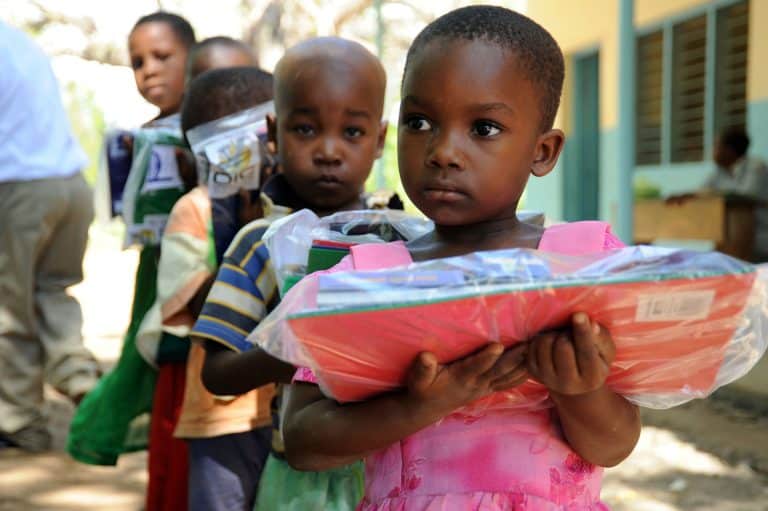On 22 February 2024, Consortium of Reproductive Health Association (CORHA) and Wemos hosted a live webinar to launch the policy brief ‘Making the Global Financing Facility More Effective and Equitable in Ethiopia’.
With the brief, CORHA and Wemos aimed to document lessons from the Global Financing Facility (GFF)’s experiences in Ethiopia, identifying both good practices and areas for improvement. Ultimately, these lessons contribute to the GFF and Ethiopia’s shared objectives of improving reproductive, maternal, neonatal, child, and adolescent health and nutrition in a sustainable manner, and with a strong focus on health equity.
The webinar was presented by Myria Koutsoumpa (Wemos) and Abebe Kebede (CORHA), with guest speaker Yuka Shimamura (Save the Children). During the Q&A, we received insightful contributions from a GFF Secretariat representative and various civil society organizations (CSOs).
Experts share knowledge to improve GFF’s partnerships
Myria Koutsoumpa, global health advocate at Wemos, opened the webinar by introducing the partnership between the GFF and Ethiopia. She highlighted Ethiopia’s significant achievements in health indicators, particularly in reproductive, maternal, neonatal, child, and adolescent health and nutrition. Koutsoumpa then explained that current threats, including a possible decline in external resources, may pose risks to these achievements, which motivated the development of a country-case study and the policy brief.
Following this overview, Abebe Kebede, executive director at CORHA, delivered a knowledgeable presentation on the core findings and recommendations for the GFF. These recommendations, based on the study, focused on six key areas for improvement. Importantly, these recommendations hold value not only for Ethiopia but also for other contexts where the GFF supports health systems strengthening.




